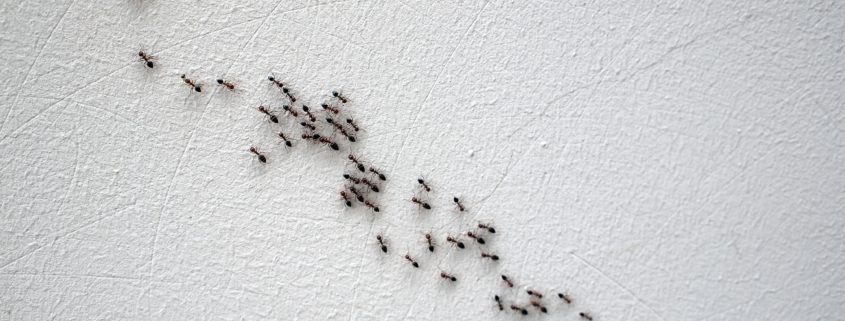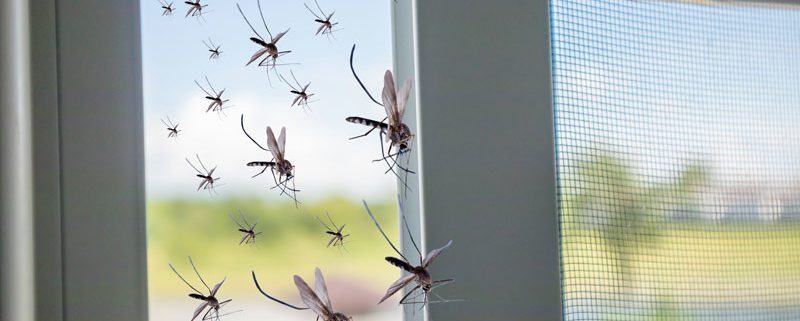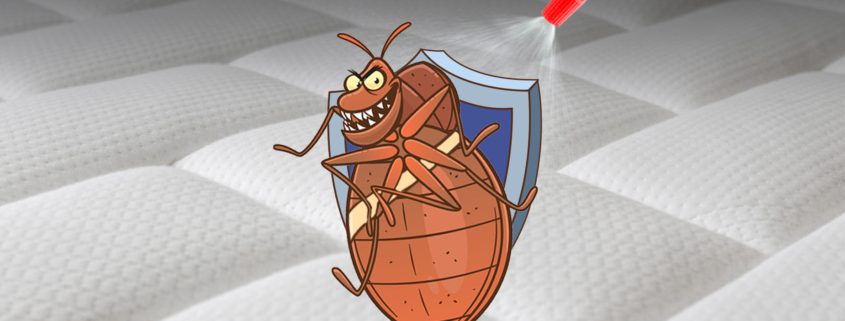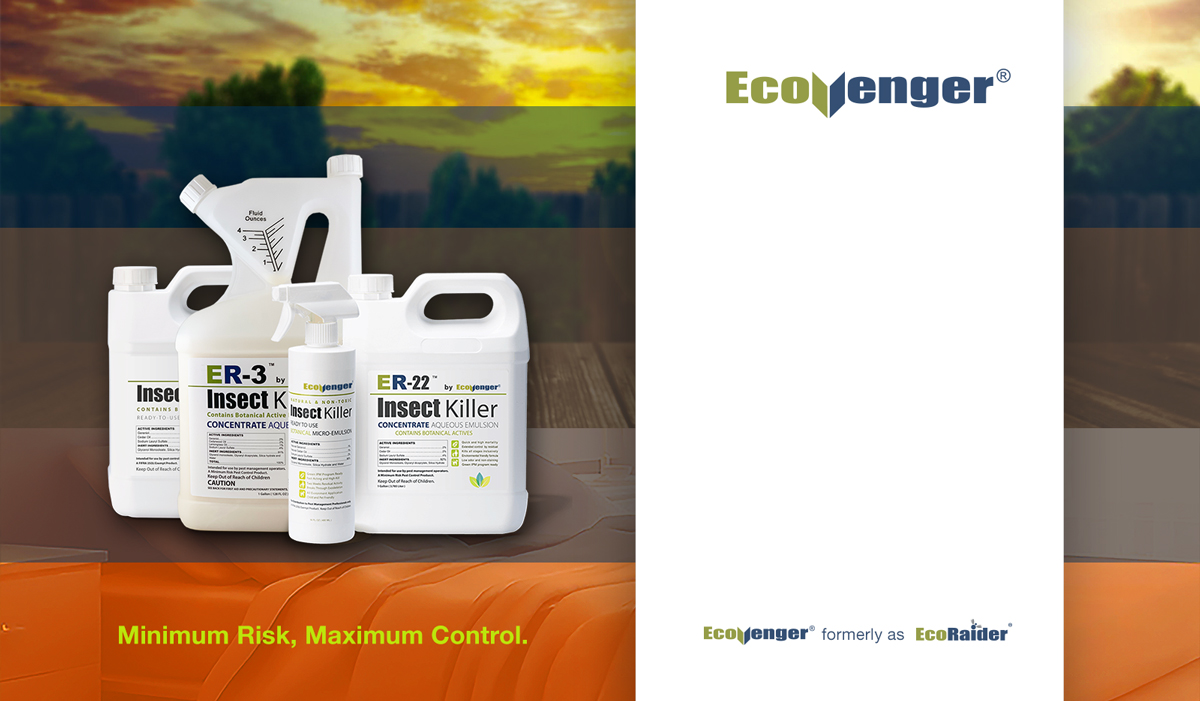Bed Bug IPM
Webinar Held on: Tuesday, June 28th, 2022
CEU Credit Approved States: AZ, DC, DE, FL, GA, MD, NJ, NM, NV, NY, OH, PA & SC.
Brief Webinar Description: Bed bug resurgence is a critical matter. This program will explore bed bug habits, the identification of bed bugs, their biology and life cycle, and their behavior. The discussion will pertain to inspecting for bed bugs, preparations for service, non-chemical control tactics, and chemical controls.












